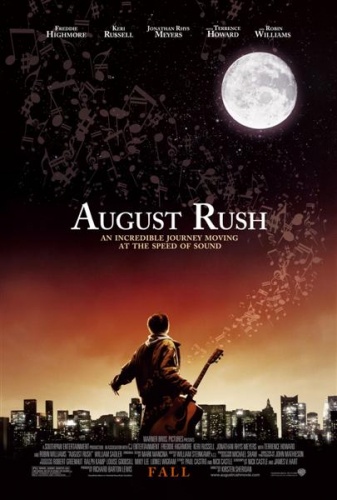

Sanders, though, was less positive about the recording, perhaps compromised by the tricky relationship he had with the original label, India Navigation. And it bangs!” That’s what Harvest Time sounds like, too: an ethereal masterpiece, created when its maker was ready, spontaneously, and intuitively. And he listens and listens and listens… then plays it just the once. “Whereas with Pharoah it feels the opposite. “I feel there’s a pressure within those environments to get stuff done,” he said. In 2021, Floating Points’ Sam Shepherd told MOJO about his own experience in the studio with Sanders. “I just have to make sure I mean every note…” Pharoah Sanders Remembered. And Sanders himself, conjuring phrases out of his tenor as subtle as breaths, privileging his most sensuous playing rather than his fearsome capacity for skronk. Harmonium shade is provided by Sanders’ then wife, Bedria, apparently encountering the instrument for the first time. Organ comes from Clifton ‘Jiggs’ Chase, who’d go on to produce and co-write Grandmaster Flash’s The Message. There’s a restrained guitar groove from Tisziji Muñoz, weaving in and out of Steve Neil’s equally understated bass line. Side one’s Harvest Time (the album is often erroneously referred to as ‘Harvest Time’) takes 20 and a half minutes to work its way through myriad delicate variations on a two-chord vamp. For those who came to his music via the ambient manoeuvres of Promises, it’s a logical next step. In that time, it’s also been raised to something of a sacred artefact even in the Sanders canon. Pharoah, though, has remained legally elusive, until the welcome arrival of this remastered and expanded version from Luaka Bop. The last time this writer got caught out was with a copy of Pharoah Sanders’ 1977 album, Pharoah. Over the past few years, the market for Sanders’ music has become more intense, thanks to the vogue for spiritual jazz – aquesting imperative and loosely Eastern musical augmentation, playing that vacillates between the meditative and epiphanic – and his feted 2021 album with Floating Points, Promises. But then, a while later, you discover you’ve bought a nicely presented bootleg: an official version remains frustratingly out of reach the collection incomplete. You buy it, the pressing’s OK, and you add it to your collection.


One day, you learn that a reissue has finally surfaced, albeit on a label you’ve never heard of before. There’s a record you really need, but the original pressings are scarce, to say the least, and normally sell for a few hundred pounds.


 0 kommentar(er)
0 kommentar(er)
